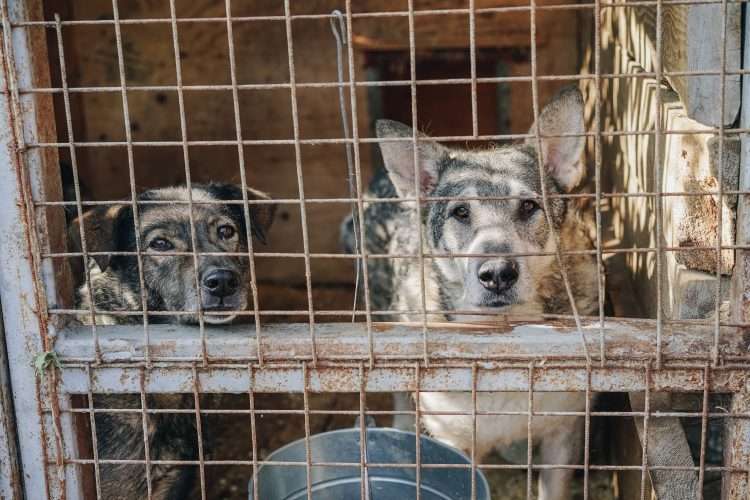Punishment For Animal Abuse

Punishment for animal abuse is a compelling conversation topic for English learners as it not only raises awareness about animal welfare but also encourages the development of language skills, empathy, and critical thinking. Discussing this topic allows learners to express their opinions, debate ethical considerations, and explore the legal frameworks surrounding animal cruelty.
Moreover, it provides an opportunity to expand vocabulary, practice persuasive arguments, and develop a deeper understanding of societal values. Engaging in this topic promotes language proficiency while nurturing compassion for animals.
About Punishment For Animal Abuse
The issue of punishment for animal abuse is a critical topic that sparks meaningful discussions. Exploring this subject allows us to delve into the ethical and legal dimensions of how society should respond to those who harm animals. Understanding the severity of animal abuse and the potential consequences for offenders is crucial for promoting animal welfare.
This topic invites learners to examine their values, engage in debates, and develop empathy. By exploring the various aspects of punishment for animal abuse, we foster a more compassionate and responsible society.
Useful Vocabulary
Try and use the following vocabulary when answering the question. Click to look up the definition in the dictionary
Conversation Questions
- Should people who abuse animals be treated in the same way as those who abuse children?
- How are animal rights viewed in your country?
- What types of punishments are suitable for animal abusers?
- Is it ever acceptable to abuse animals?
- What do you think the government can do to reduce animal abuse?
- How does cultural context influence the perception and treatment of animal abuse?
- Do you believe that stricter penalties for animal abuse would effectively deter potential offenders?
- Should convicted animal abusers be banned from owning pets in the future?
- How can society raise awareness about animal abuse and encourage individuals to report incidents?
- What role does education play in preventing animal cruelty?
- Is imprisonment an appropriate form of punishment for severe cases of animal abuse?
- Should financial penalties for animal abuse be based on the offender's income or a fixed amount?

